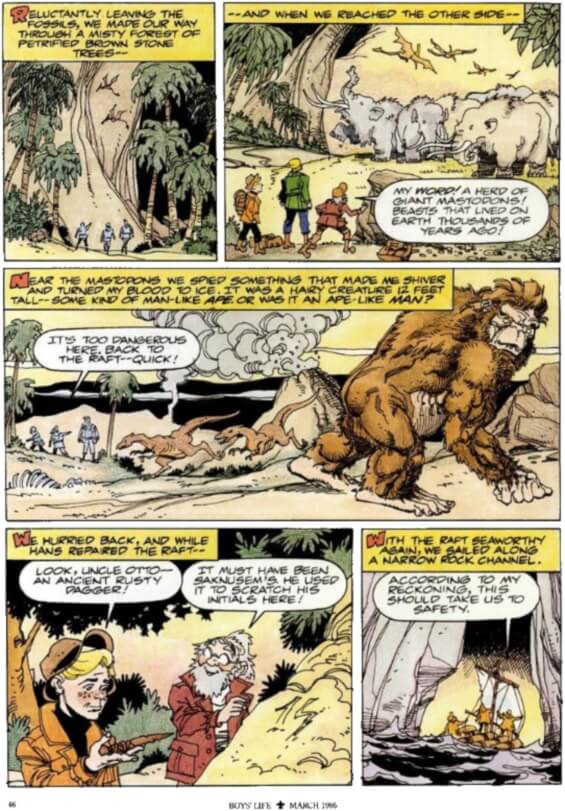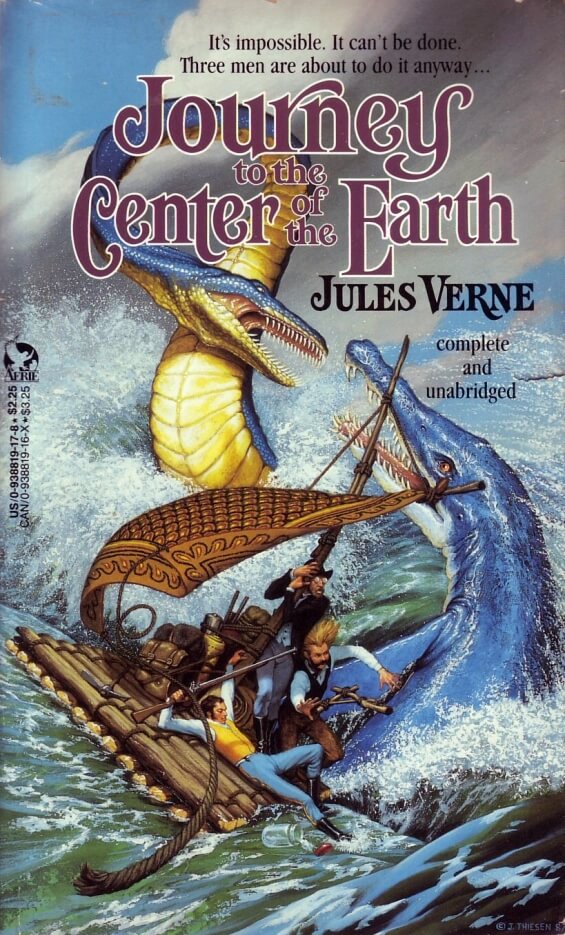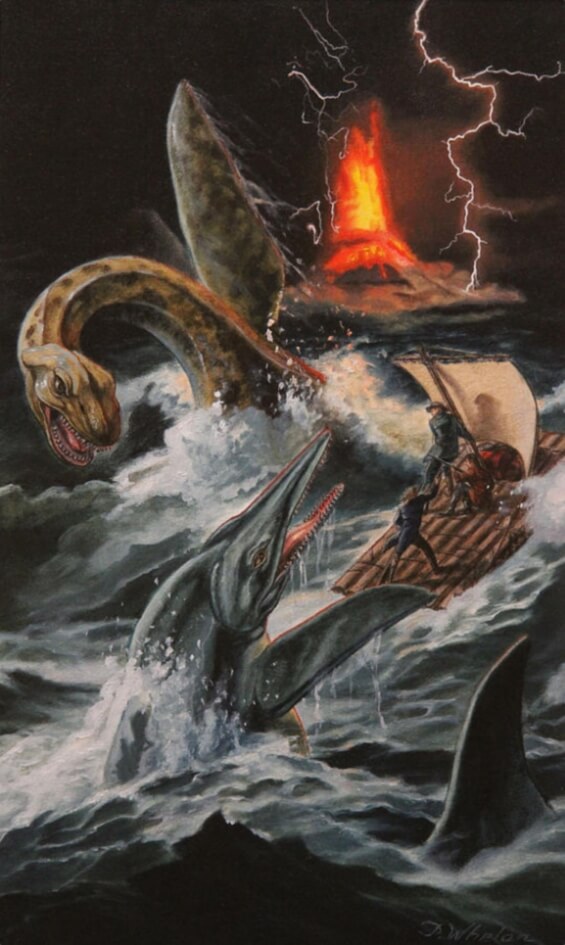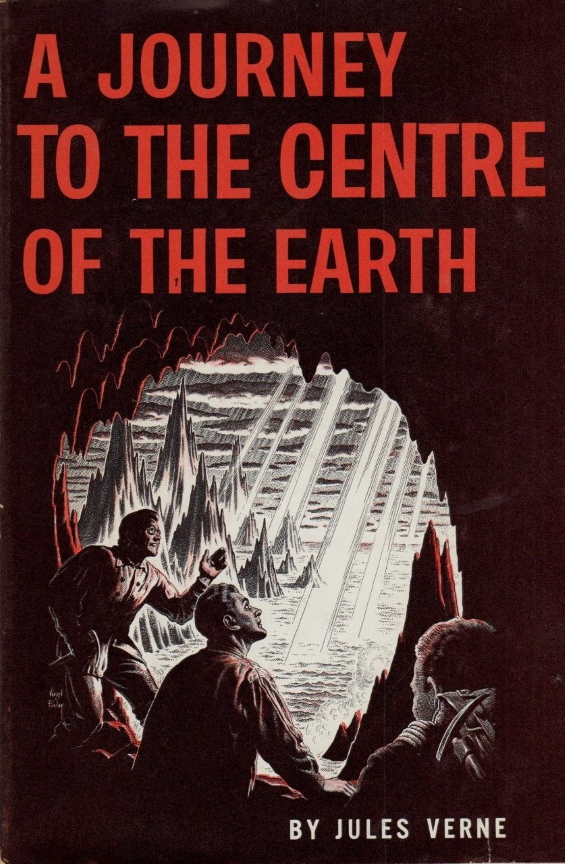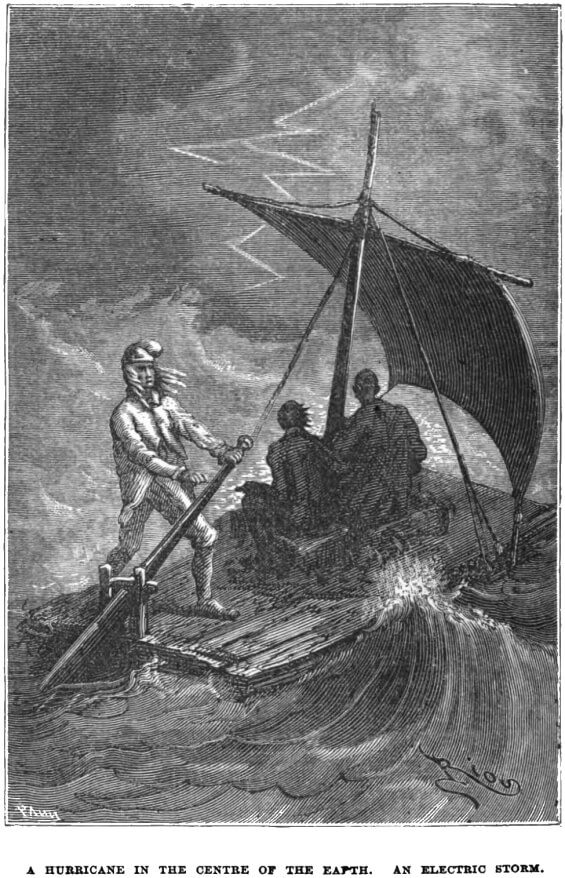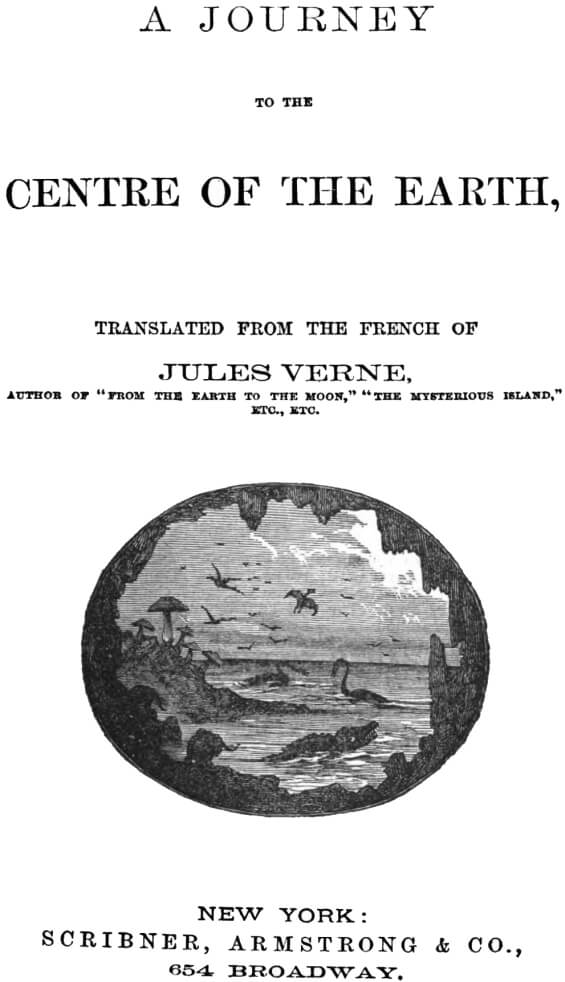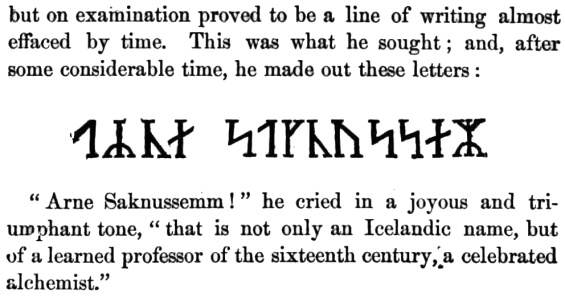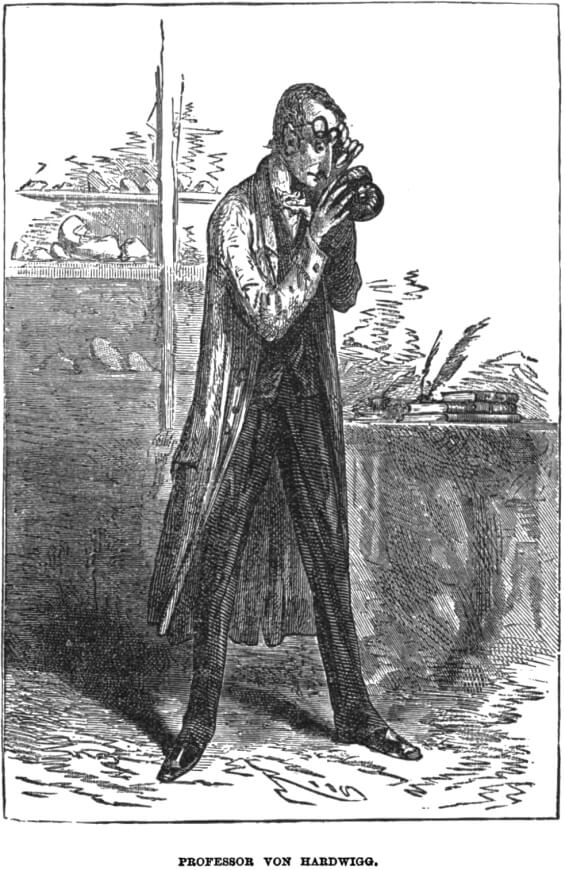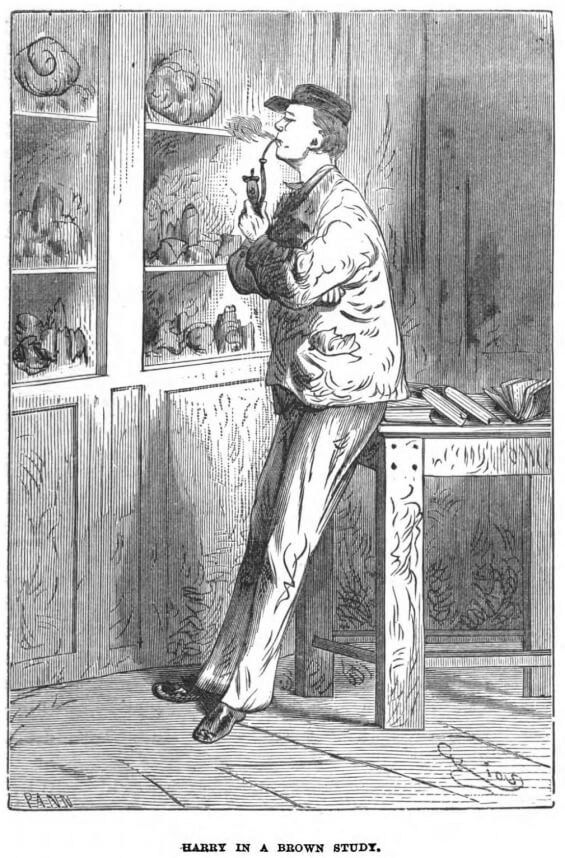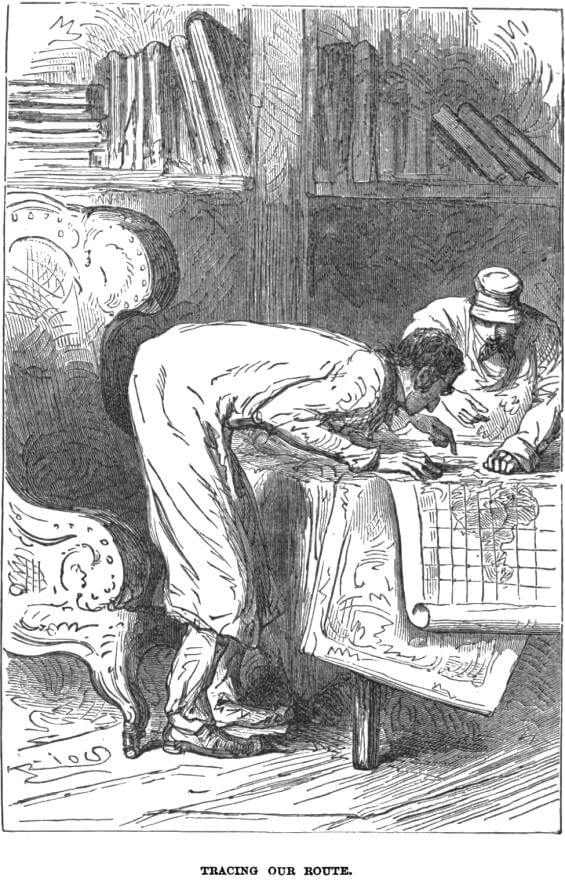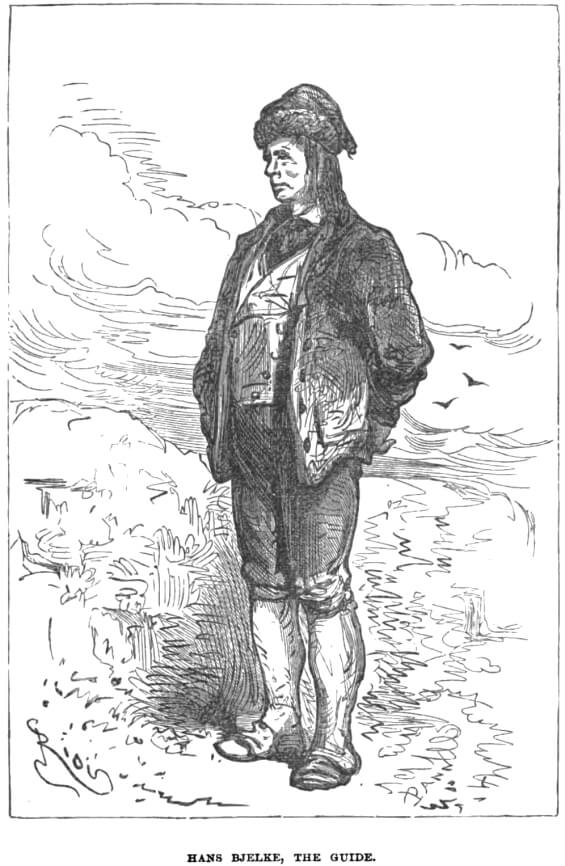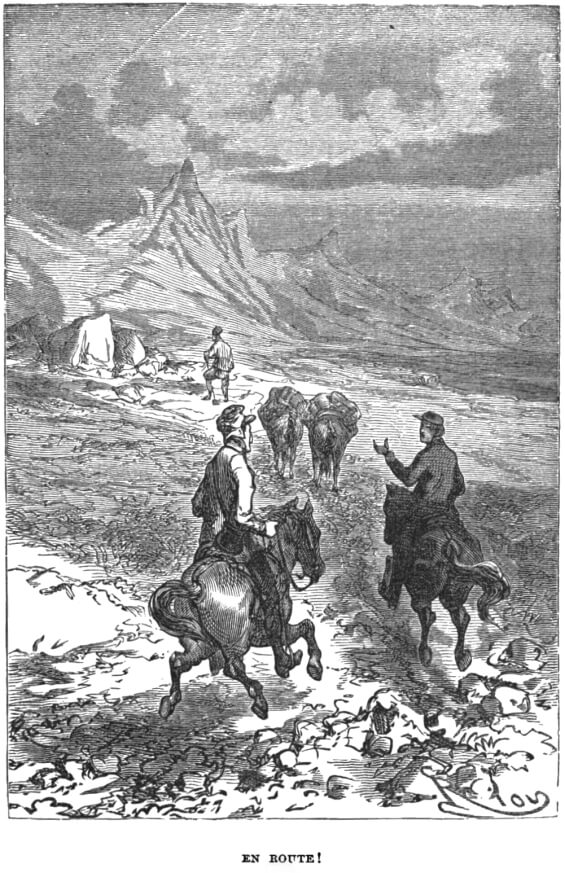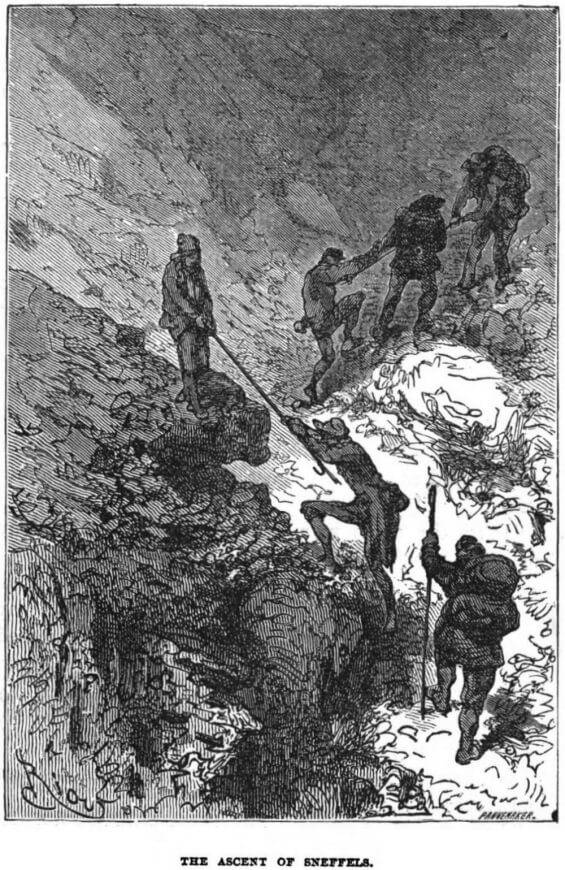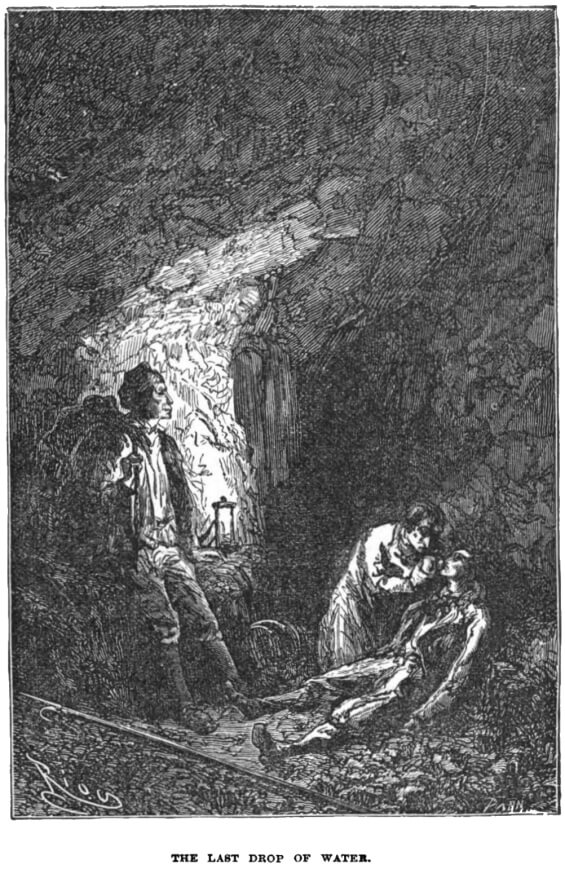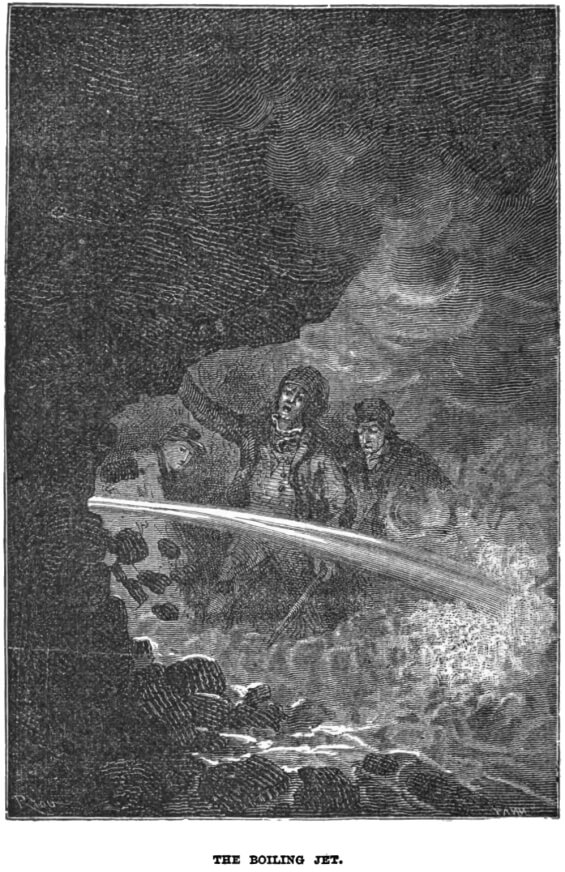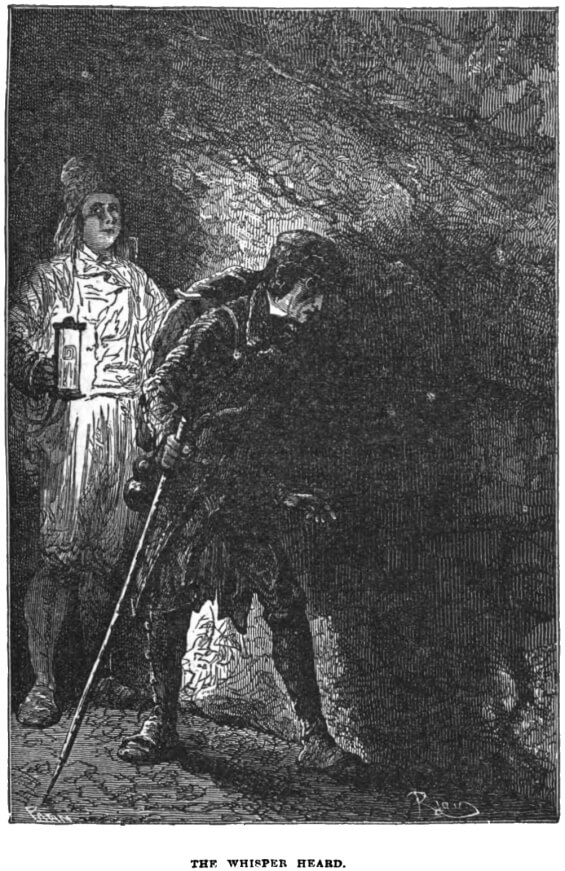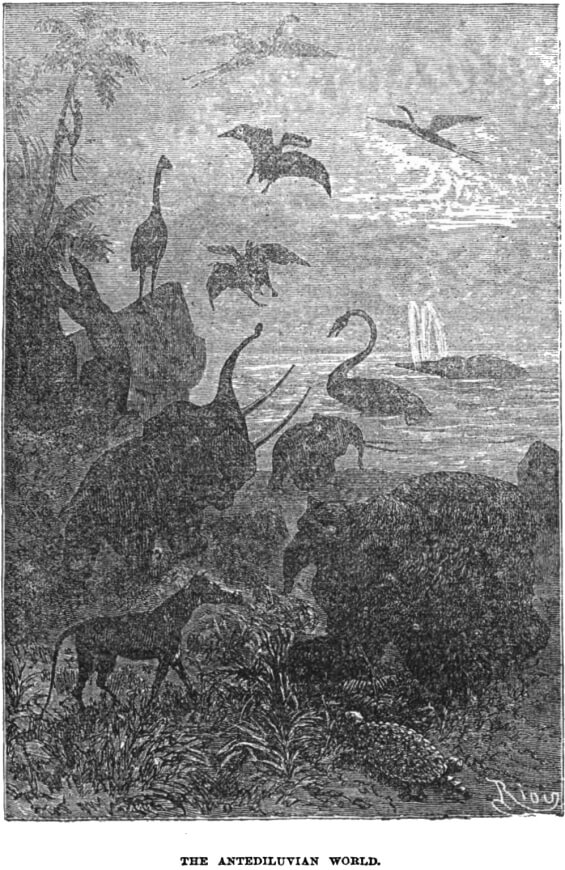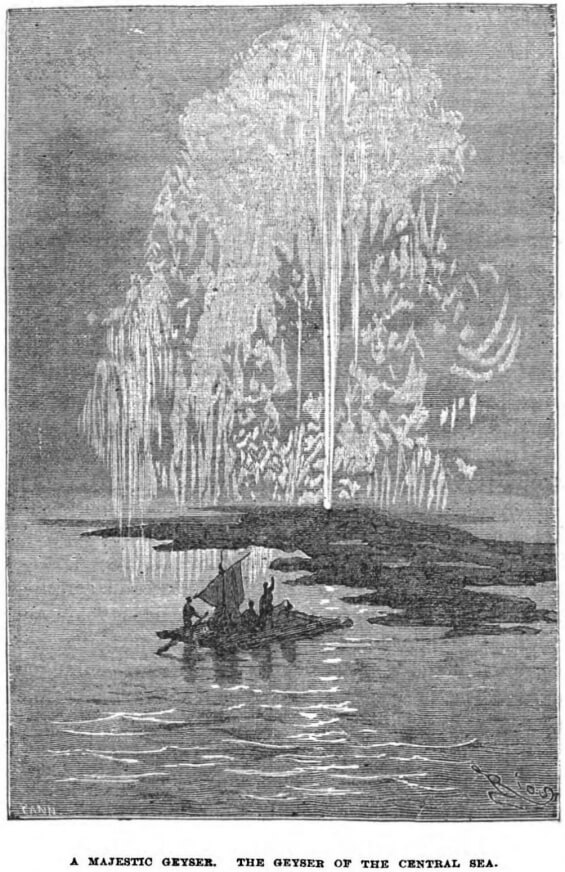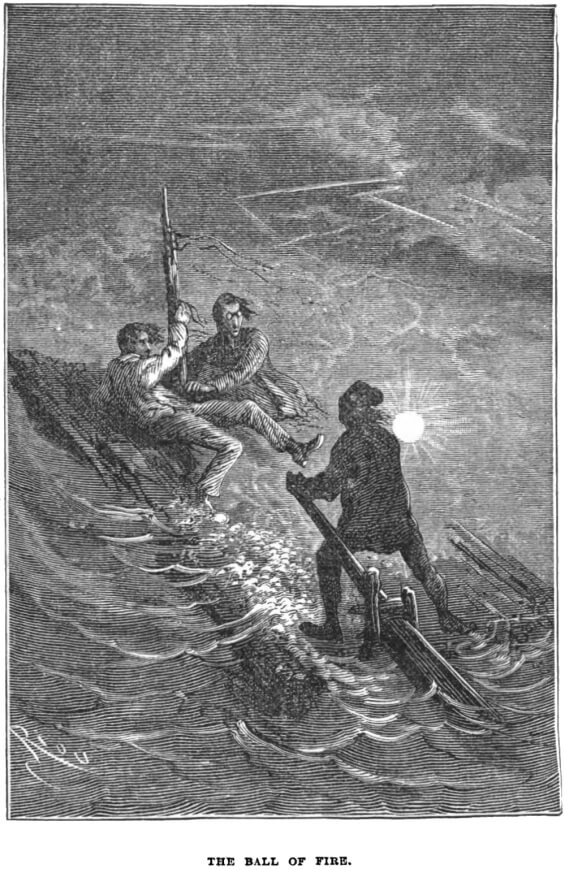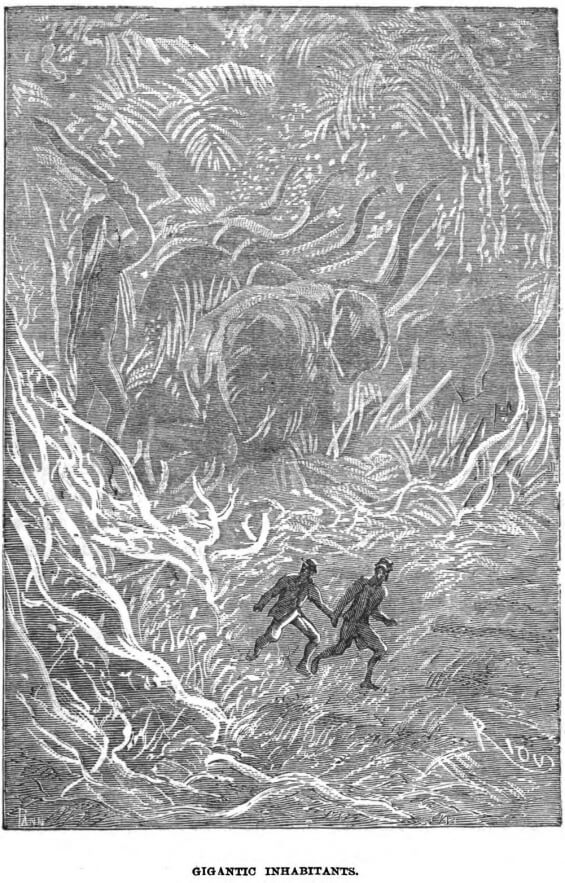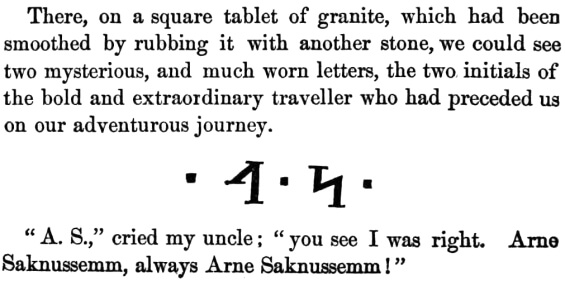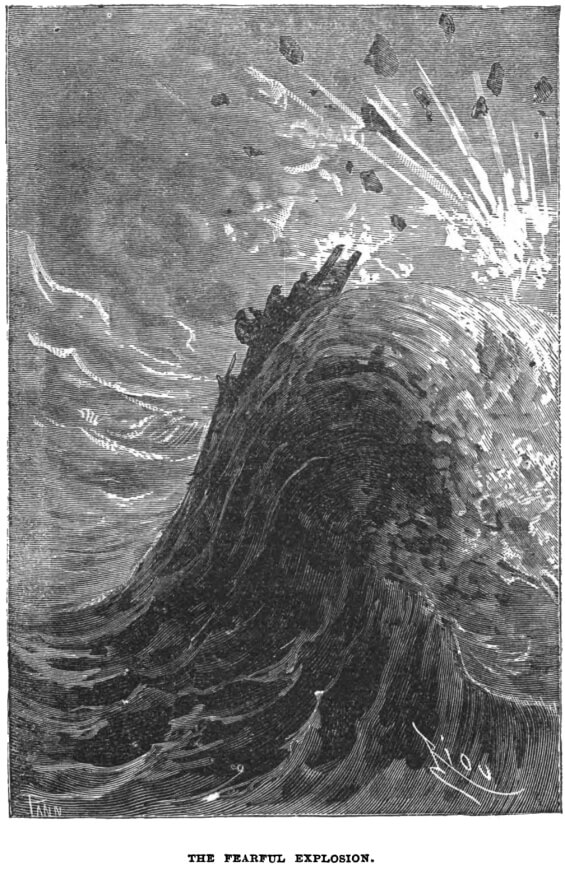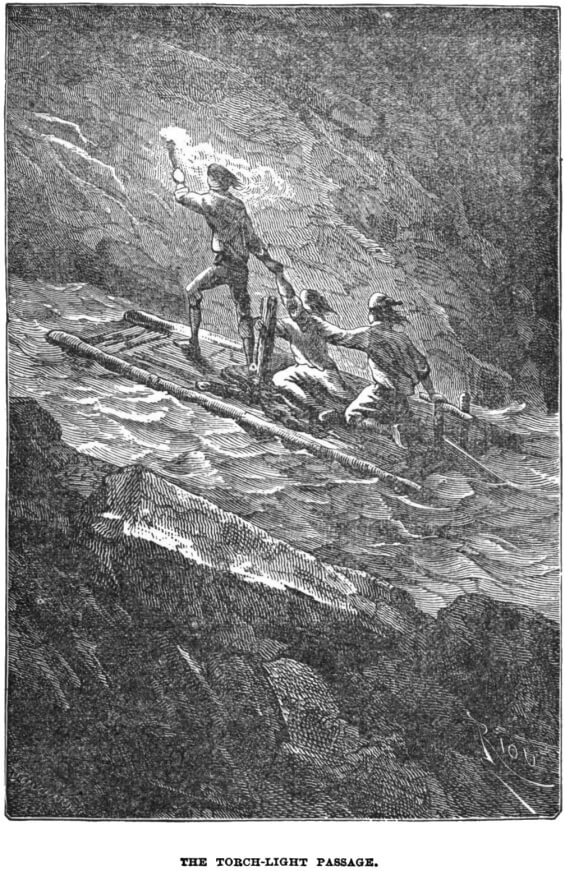
 The SFFaudio Podcast #378 – Jesse, Paul, and Marissa talk about The Penultimate Truth by Philip K. Dick.
The SFFaudio Podcast #378 – Jesse, Paul, and Marissa talk about The Penultimate Truth by Philip K. Dick.
Talked about on today’s show:
1964, not exactly a fix-up, this novel’s DNA, The Defenders, The Mold Of Yancy, The Unreconstructed M, the next draft, the main character’s problem was Dick’s problem, an idea, another Yance-woman, a sausage fest, did you’re arm fall off again?, “the well-informed dead rat romped under the tongue-tied pink log”, a new ACE or Ballantine book, more cohesive and clearer, all ideas are undercooked, the Wikipedia summary, The Defenders feels like junk, but translated to the novel… a sequel to The Defenders, The Mold Of Yancy is excellent, reading The Mold Of Yancy helps you understand The Penultimate Truth, conapts with wall to wall wub-fur carpeting, artiforgs (artificial organs), Yancy in the novel vs. the short story, a syndicate, a quasi-corporatist government short, the Kardashians and Gwyneth Paltrow, set on Callisto, a totalitarian government, letting in spies, his spidey-sense, he’s like Ronald Regan, a fireside chat, Dick’s analysis of our North American society is dead on, war is bad but just wars have to be fought, cats are definitely better than dogs, political correctness, media pushing (or pulling) society in different directions, a perfect fit, a nice welding, Fallout 3 and Fallout 4, worried about the overseer, strap on your vault suit, he’s a companion, a NPC, leadies are Mister Handies, the robot companions, Hugh Howey’s whole career, the same premise and ideas as Wool, ant tanks, vaults (and silos), WWIII, The Game-Players Of Titan, neo-fuedalism, squabbling fiefdoms, the MegaVac computer echoes Vulcan II or III, Isaac Asimov’s MultiVac, the plot with Brose and Lantano, re-purposing people across stories, the leadies are slaves, a good Goodreads review, the 1% and the 99%, labouring under delusion, a damn fine analysis, the scandal of the day, obedience, Paul is a history fan, a Roman society, Sulla and Pompey, the triumvirates, private armies, the land grant system is very Roman, proto-feudal (or manorial), Cheyenne is nuked again, Estes Park, Colorado, Philip K. Dick has to throw everything into the crockpot, Pretty Blue Fox, Lincoln Apartments, the Tom Mix tank, 290 movies, Tom Mix had five wives, Philip K. Dick dressed like a movie cowboy, clear evidence you’re living in a Philip K. Dick world, ask me about Plato, The Defenders and The Penultimate Truth are modeled after Plato’s the Myth of the Cave, gin and tonic vs. beer, Dog Stories Monthly vs. the Journal Of Psychological Review, a gestalt, the art of Hieronymus Bosch, everything should be about challenging and questioning, Critical Thinking should be the only class in high-school, nothing can be challenged, no critical thinking, all Yancy’s beliefs are insipid, as close as possible to no beliefs, apolitical (without a viewpoint), William Tenn, Null-P, Dick was really influenced by A.E. van Vogt, “wow, my god!”, a preference for Kriegsspiel, a cosmic wrestling match, The Cosmic Puppets, a nice six hour game of Kriegsspiel, Bach’s art of the fugue, subdued by the plot, troweling it down a bit, The Unreconstructed M stuff, fun to read, a time traveling Cherokee warrior who walked in from another Dick story, Time Pawn, Dr. Futurity, fake artifacts of a fake alien invasion, it gells as a novel, a really good speech about a squirrel, an actual living squirrel, there’s no little scurrying creature at the end, a questionable bow,
However, Adams figures out Lantano was behind the deaths as part of his plot to bring down Brose. In desperation and fear, he joins up with St. James, who discovered a cache of artificial organs, and flees into the Tom Mix tank with him. They discover that Lantano was ultimately successful but contemplate that the biggest lie is yet to come.
that’s the ending and discovery of The Defenders, meeting the quota, they don’t let you out when you don’t meet the quota, there’s no reward and punishment, appreciating The Defenders, in Plato’s The Republic, PKD knows all about Plato (and The Odyssey), the Allegory Of the Cave,
Plato begins by asking Glaucon to imagine a cave where people have been imprisoned from childhood. These prisoners are chained so that their legs and necks are fixed, forcing them to gaze at the wall in front of them and not look around at the cave, each other, or themselves. Behind the prisoners is a fire, and between the fire and the prisoners is a raised walkway with a low wall, behind which people walk carrying objects or puppets “of men and other living things”. The people walk behind the wall so their bodies do not cast shadows for the prisoners to see, but the objects they carry do (“just as puppet showmen have screens in front of them at which they work their puppets”. The prisoners cannot see any of this behind them and are only able to see the shadows cast upon the cave wall in front of them. The sounds of the people talking echo off the shadowed wall, and the prisoners falsely believe these sounds come from the shadows. Socrates suggests that the shadows constitute reality for the prisoners because they have never seen anything else; they do not realize that what they see are shadows of objects in front of a fire, much less that these objects are inspired by real living things outside the cave
fake destruction of San Fransisco, false reconstructions, Stalin with Roosevelt speaking Russian at the White House, 1984 by George Orwell,
Plato then supposes that one prisoner is freed, being forced to turn and see the fire. The light would hurt his eyes and make it hard for him to see the objects that are casting the shadows. If he is told that what he saw before was not real but instead that the objects he is now struggling to see are, he would not believe it. In his pain, Plato continues, the freed prisoner would turn away and run back to what he can see and is accustomed to, that is the shadows of the carried objects. He writes “…it would hurt his eyes, and he would escape by turning away to the things which he was able to look at, and these he would believe to be clearer than what was being shown to him.”
writing lies and having your son believe the lies, Hollywood,
Plato continues: “suppose…that someone should drag him…by force, up the rough ascent, the steep way up, and never stop until he could drag him out into the light of the sun.” The prisoner would be angry and in pain, and this would only worsen when the radiant light of the sun overwhelms his eyes and blinds him. The sunlight is representative of the new reality and knowledge that the freed prisoner is experiencing. Slowly, his eyes adjust to the light of the sun. First he can only see shadows. Gradually he can see the reflections of people and things in water and then later see the people and things themselves. Eventually he is able to look at the stars and moon at night until finally he can look upon the sun itself. Only after he can look straight at the sun “is he able to reason about it” and what it is.
a sign of madness,
Plato continues, saying that the freed prisoner would think that the real world was superior to the world he experienced in the cave; “he would bless himself for the change, and pity [the other prisoners]” and would want to bring his fellow cave dwellers out of the cave and into the sunlight. The returning prisoner, whose eyes have become acclimated to the light of the sun, would be blind when he re-enters the cave, just as he was when he was first exposed to the sun. The prisoners, according to Socrates, would infer from the returning man’s blindness that the journey out of the cave had harmed him and that they should not undertake a similar journey. Socrates concludes that the prisoners, if they were able, would therefore reach out and kill anyone who attempted to drag them out of the cave.
other levels, the fake journal entries, the time scoop, in the geological strata, a critical thinking story, what makes us believe the Earth is as old as it is is evidence, pointing in the direction of a Truth, a little bit paranoid, Philip K. Dick has a whole story about it, an evidence laying assassin robot, questioning the science, then you have a Philip K. Dick story, Vulcan’s Hammer, a real theme he’s struggling with, don’t get into conversations with strangers, you’re a human being … I guess, it’s great to be in a country where you don’t understand the language, an afterword by Thomas Disch, a downhill racer of a writer,
If Dick had stopped to think (but that’s something a downhill racer can’t do), he might have realized that there was an essential dramatic disparity between the two stories he was trying to weld together. The Yancy part of the plot generated a story about dirty tricks in high places, a genre for which Dick possesses little flair (compare le Carré and his better imitators), while that element of the story that all readers remember, after the lapse of however many years, is the notion of the human race imprisoned in underground factories because they’ve been tricked into believing that a nuclear war has destroyed the world. It’s an extraordinarily resonant idea. One thinks of the dwellers in Plato’s cave who know nothing of the reality but the shadows cast on the wall; of the similar destiny of Wells’s Morlocks; of the prisoners in Beethoven’s Fidelio; and of ourselves, living in the shadows of a nuclear threat that is only bearable by pretending that it does not exist. To have recognized that our situation is a kind of madness (“What, me worry?” sang the Titanic’s passengers) has not helped us toward a solution, for our situation with respect to the bomb is not much different in 1983 than it was in 1964. And for that reason The Penultimate Truth, for all its flaws, remains a book that can speak to the terror that is the bedrock of our social order.
plotting the distance away from a nuclear target in order to survive, a nuclear wasteland in every movie, an insipid Kardashianism seems to have taken over, we seem to have gotten worse, the fading away of the nuclear threat, the 99% accepting the 1%, breaking free from the cave seems impossible, the internet is our Yancy, like the same things on Facebook, we all have the same opinions, political correctness is like fascism except you can’t use that word, John Wayne day backlash (because he was apparently super-racist), Donald Trump is a power word, he’s willing to say whatever he wants to say, you have to come to that, arguing with the racism, Hieronymus Bosch are loveley, the Kriegsspiel argument, everyone should struggle with this, a dictate from on high or social mimesis, walking by the lottery counter, there’s no way to fix that, think about it, don’t just think the right thing because its the right thing, the re-writing rooms, the proles kind of ignore the prole-feed, the tankies who don’t know, the meek inheriting the Earth, maybe we aren’t meek enough, sprawling demesnes, the human condition, a good book, pulling the veil or reality aside, back to the shadows, from The Republic, the leadies are the leaden weights, the armies of the 1%, how much do you need to be educated, is it for gold or for lead?, Mr. Dick you did something with it, a downhill skier of a writer, add The Mold Of Yancy, he’s such a great idea man, he really engages with the situation, Souvenir by Philip K. Dick, The Defenders is improved upon reflection,
The wonder is how often Dick was able to produce work of real interest and wit in these marathons of typewriting. For readers who read at a pace proportioned to his speed of writing (as most sf fans learn to do, or else cease being fans), the dull patches disappear into a haze of white powder as they careen down the slopes of the narrative. It is the ideas they are after, and Dick always provides more than a sufficiency of these.
Disch knew what Dick was all about, the longer novelettes, he has to pay the bills, too much plot, not enough story, welding together three stories, what was your process, MAN!?, Marissa attended a conference with a bunch of Dick wives and lovers, how much is reflected in what Marissa heard?, how much he loved everyone, feeling betrayed and angry, how funny he is, playing tricks on people, I love that Dick is seemingly incapable of being self-concious about what he loves, Roog, can you pick a subject that is less cosmic in scope, passionate about weird little things, watching a pilot for a new Science Fiction show, Colony (TV show), domesticity, “yeah, I’m out”, sympathy for the characters, overlaying crappily manipulative music, engaging with them in a real way, that dog was a real dog named Snooper, Jonathan Lethem, so good at self-examination, he’s the anti-facsist, he’s wise as well as crazy, he’s blind but he’s glimpsed greater truths, gnosticism, his fallout stories, we will miss them, you should be reading these PKD books, our listeners aren’t watching the Kardashians, are they?



Posted by Jesse Willis




